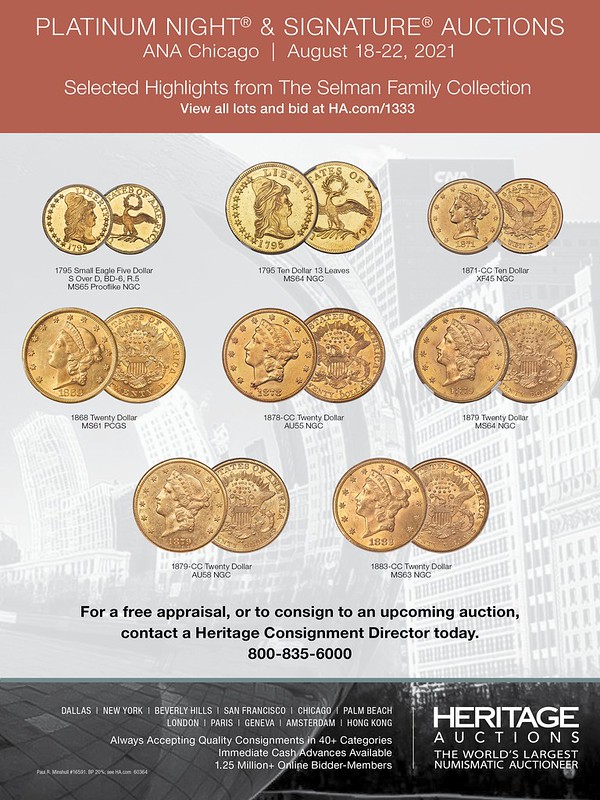
PREV ARTICLE
NEXT ARTICLE
FULL ISSUE
PREV FULL ISSUE
CRACKER JACK MYSTERY CLUB TOKENSThe New England Numismatic Association's official publication is NENA News. John Ferreri offered to share some articles with E-Sylum readers; thanks! Here's a token article that caught my eye - it's from the June 2019 issue. Written by Ed Brozynza, it's about the Cracker Jack Mystery Club tokens. -Editor The images above are obverse and reverse of a cancelled Abraham Lincoln Cracker Jack token found while metal detecting, also known as coin shootingto those involved in the hobby. The hole was punched as a way to cancel the token before sending it back to the owner. The third image is of a pristine example of the same token, uncancelled.
Just about everyone at one time or other has eaten a box of
Cracker Jacks and eagerly looked inside for the prize that
was included. The company that was to become Cracker
Jack was started up by the Rueckheim brothers, immigrants from
Germany. They were not the first to introduce a molasses covered
popcorn snack but were the first to develop a way to keep the
kernels from sticking to the other kernels in the box. They first
introduced their snack to the public at the 1893 Chicago World's
Fair. The snack was quite popular with the fairgoers which encouraged the brothers to market their product to the general public. In
1896 the product was registered along with their slogan,
In 1933 the Cracker Jack Company launched a promotion
called the Soon after the program was introduced, the number of tokens required for membership was reduced to THREE and then shortly after that the tokens needed were increased to FIVE. The promotion was discontinued in 1936. The Borden Company bought Cracker Jack in 1964 after beating out the Frito-Lay company in a bidding war. In 1997 Frito-Lay bought the company from Borden and in 2016 stopped putting a prize inside the box. While some people derive pleasure studying the various coins they obtain for their specific collections, I get pleasure searching for whatever the earth may give up to my metal detector. It could be a coin, a piece of jewelry or a long forgotten token such as the piece described. The enjoyment derived comes from the research performed to establish the story behind the object found.
For more information on the New England Numismatic Association, see:
Wayne Homren, Editor The Numismatic Bibliomania Society is a non-profit organization promoting numismatic literature. See our web site at coinbooks.org. To submit items for publication in The E-Sylum, write to the Editor at this address: whomren@gmail.com To subscribe go to: https://my.binhost.com/lists/listinfo/esylum All Rights Reserved. NBS Home Page Contact the NBS webmaster 
|

